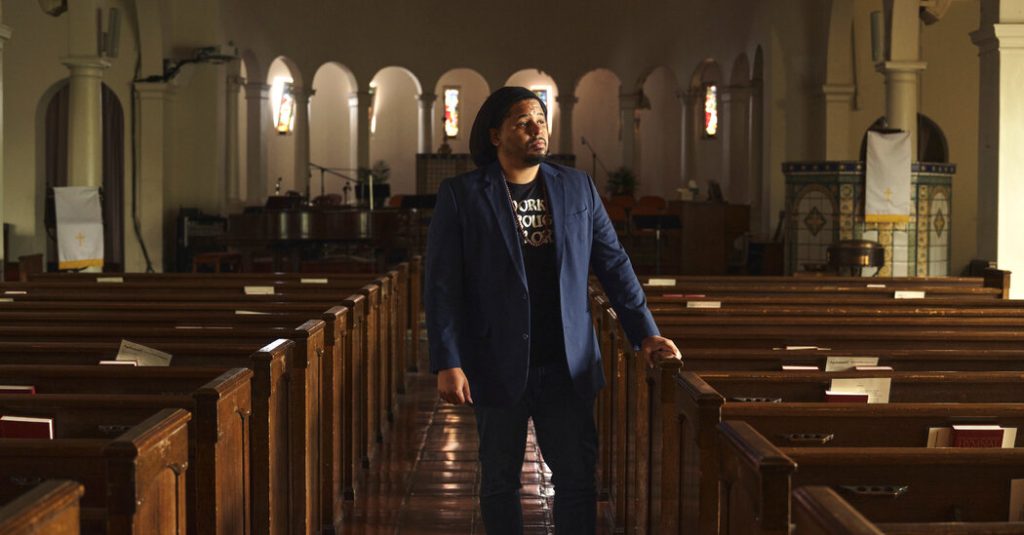In Inglewood, California, the First United Methodist Church is facing issues with congregants being priced out of the neighborhood due to rising housing costs. To combat this problem, the church is planning to build 60 studio apartments on their property, with half of the units reserved for older adults and all units offered below market rate rents. This initiative is part of a growing trend where faith-based organizations across the country are developing low-cost housing on their properties to help address housing and homeless issues. These projects not only align with the principles of helping those in need but can also provide a source of rental revenue to support declining income and lower membership numbers within congregations.
In California, legislation such as SB 4 has made it easier for nonprofit organizations and faith-based institutions to build affordable housing on their properties by allowing for exemptions to local zoning rules and fast-tracking approval processes. This has created opportunities for congregations to redevelop underutilized land into affordable housing units, addressing the need for lower-cost housing in neighborhoods where it is scarce. By uniting faith groups with affordable housing developers, these initiatives have gained strong support and have been able to pass legislation with only minimal opposition, paving the way for a significant increase in affordable housing developments across the state.
The success of zoning changes in California has inspired other cities and states to consider similar legislation to facilitate the development of affordable housing on faith land. YIGBY bills, or “Yes in God’s Backyard” bills, are being introduced in various locations to encourage the use of faith-based properties for housing purposes. The potential impact of these initiatives is significant, with numerous Christian, Jewish, and Muslim congregations already exploring opportunities to develop affordable housing and help address the housing crisis in their communities.
One example of a faith-based organization making a difference through affordable housing development is the Inglewood First United Methodist Church. As a church that has faced financial challenges due to a shrinking congregation, the decision to partner with a developer to build housing on their property has provided a new source of revenue and community impact. The church’s focus has shifted from financial concerns to investing in a new community center that will offer a range of services to support the needs of the neighborhood, reflecting a renewed commitment to serving the community in a meaningful way.
By leveraging their land and resources to create affordable housing, faith-based organizations are not only fulfilling their mission to help those in need but are also revitalizing their communities and reestablishing themselves as centers of community life. These initiatives are supported by legislative changes that make it easier for faith groups to engage in housing development projects, creating a win-win situation for both the organizations and the communities they serve. As more congregations across the country follow suit, the impact of these efforts in addressing housing affordability and homelessness is likely to continue growing, offering hope and solutions to those in need.


